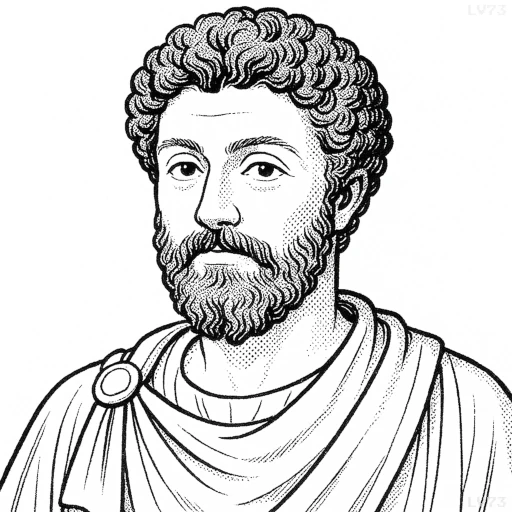“The only wealth which you will keep forever is the wealth you have given away.”

- April 26, 121 – March 17, 180
- Roman Empire
- Roman Emperor
table of contents
Quote
“The only wealth which you will keep forever is the wealth you have given away.”
Explanation
In this quote, Marcus Aurelius highlights the transitory nature of material wealth and contrasts it with the lasting value of generosity. He suggests that true wealth is not found in accumulating possessions, but in the act of giving. What we share with others—whether it’s our time, knowledge, or resources—becomes a part of us in a way that material goods cannot. This aligns with Stoic teachings that emphasize virtue over wealth, and that the real measure of wealth is not how much we accumulate, but how much we contribute to the common good.
Aurelius, a philosopher who ruled an empire, would have been keenly aware that while external wealth and power are fleeting, the impact of one’s generosity and virtue can resonate long after a person’s life. By focusing on giving, whether through acts of kindness, sharing wisdom, or contributing to society, we create lasting value that remains with us, transcending the fleeting nature of material possessions. This view is still relevant today, where the pursuit of wealth is often prioritized, but true fulfillment comes from selflessness and connection with others.
In practical terms, this quote encourages us to view wealth not as something to be hoarded, but as something to be shared. For instance, rather than focusing solely on building financial assets, we can find greater fulfillment in giving back—whether through charity, helping others, or investing in meaningful relationships. The wealth that we share with others, whether in kindness or resources, is the wealth that enriches our lives and continues to make an impact long after we’re gone, creating a legacy of purpose and goodness.
Would you like to share your impressions or related stories about this quote in the comments section?




